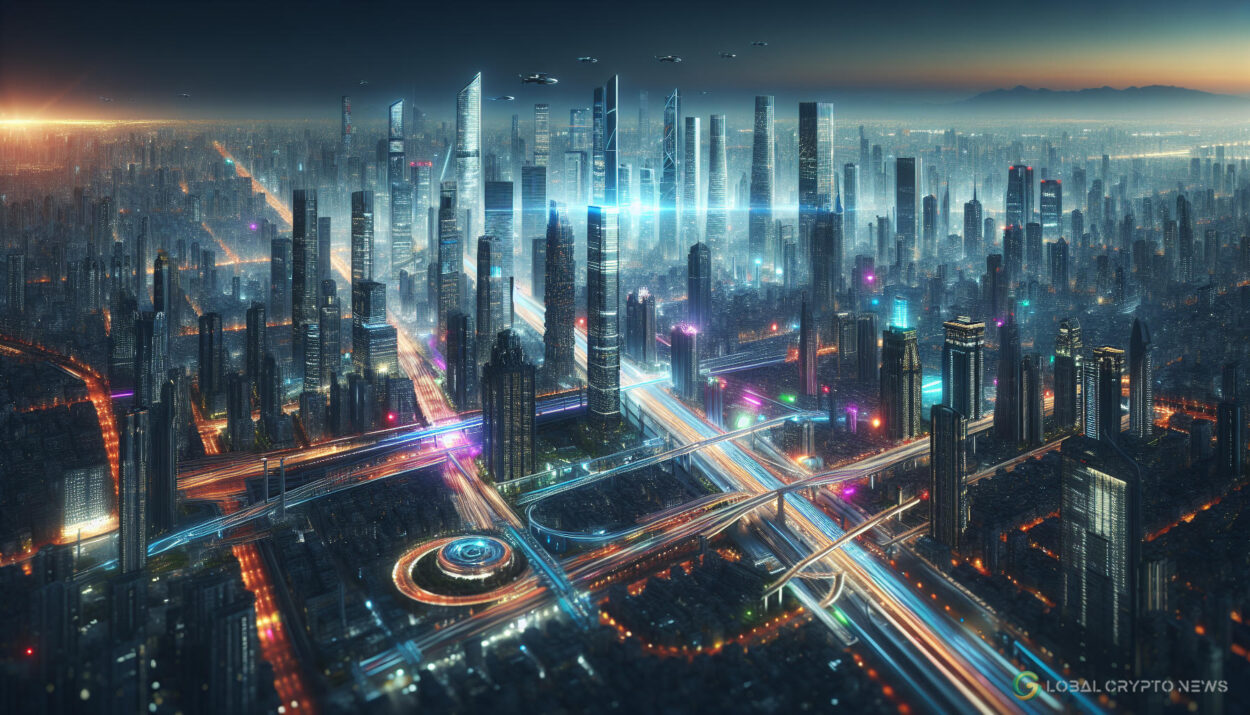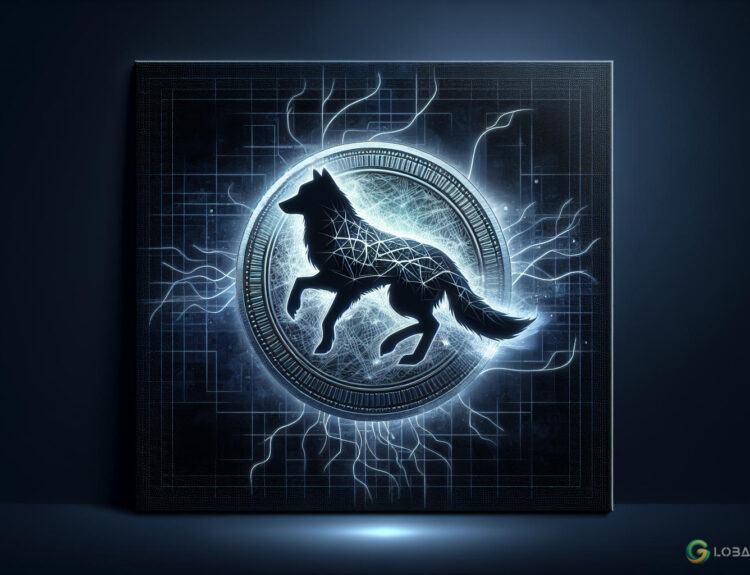Mumbai, the financial capital of India, has recently introduced a groundbreaking metaverse initiative to provide a virtual preview of the city’s infrastructure developments. The Mumbai Metropolis Metaverse project offers 3D and virtual reality experiences showcasing ongoing and upcoming projects in and around the bustling city.
This innovative project aims to highlight the city’s infrastructural advancements, including newly constructed roads stretching across the Arabian Sea to ease traffic congestion, improve connectivity, and promote a cleaner environment. The metaverse feature includes underground and undersea tunnels designed to enhance intra-city travel.
Deputy Chief Minister of Maharashtra, Devendra Fadnavis, unveiled the metaverse project on Feb. 19, inviting global users to explore Mumbai’s transformation through the social media platform X. The platform is accessible via its website and downloadable apps on Google and Apple app stores, enabling residents to virtually track the progress of major projects that impact their daily lives.
Fadnavis aims to elevate Mumbai’s transport efficiency to surpass cities like Bengaluru, Delhi, and Chennai within the next five years, with a vision to enable city-wide travel within 60 minutes. The metaverse app introduced by Mumbai offers an engaging and interactive way to showcase these advancements to users.
The metaverse initiative is set to highlight 12 key projects, including the Mumbai-Ahmedabad Bullet Train Corridor and the Mumbai Metro, marking a significant shift in redefining Mumbai’s urban landscape.
India has been actively exploring the metaverse landscape, with private sector innovations like Maruti Suzuki India Limited’s ArenaVerse platform, offering a virtual showroom experience for users to interact with vehicles. Additionally, Taki, a Web3 token-powered social platform, has entered its beta phase, promising rewards for user engagement with $TAKI tokens.
Moreover, the Indian central bank is exploring offline functionalities for its central bank digital currency (CBDC), the digital rupee, to facilitate transactions in areas with limited internet connectivity. The Reserve Bank of India (RBI) has shown a commitment to blockchain technology, as evidenced by the National Payments Corporation Of India’s recruitment drive for blockchain specialists, indicating a broader adoption of blockchain solutions in financial technologies.






















